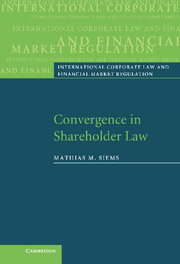PART III - Developmental trends and patterns
Published online by Cambridge University Press: 15 December 2009
Summary
In the social sciences there have often been attempts to establish that historical development is oriented towards a particular goal and is thus moving inexorably in one direction. This ‘historicism’ and ‘determinism’, attributed to, for instance, Plato, Hegel and Marx, were rightly attacked by Sir Karl Popper, who denied that the course of world history is borne by absolute laws. Since we cannot today know what knowledge we shall have tomorrow (otherwise we should already have it), it is impossible to predict the future course of history with certainty. Individual knowledge can accordingly not be extended into a universal statement (‘problem of induction’). Additionally, the conduct of individuals acting on their own responsibility is subject to errors, so that for this reason too history is open and not subject to any automatism.
Yet this does not mean that an agnostic position is justified. Even if there are no stringent regularities, there may nonetheless be historical forces that allow developmental trends to be perceived and forecasts to be made. The findings of Part II have already made clear how far the convergent development in shareholder law can be seen at present. These considerations will be extended below. To this end, it is first of all necessary to study the way law-making functions, and the regulatory levels decisive for convergence (Ch. 7 below). There follows an examination of some convergence forces (Chs. 8 and 9 below). Finally, I will enquire into possible consequential effects on shareholder law (Ch. 10 below).
- Type
- Chapter
- Information
- Convergence in Shareholder Law , pp. 229 - 230Publisher: Cambridge University PressPrint publication year: 2007
- 1
- Cited by



